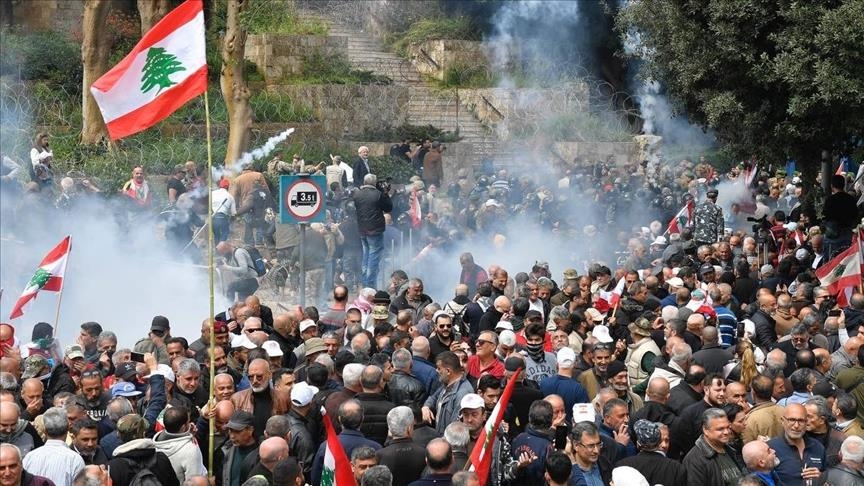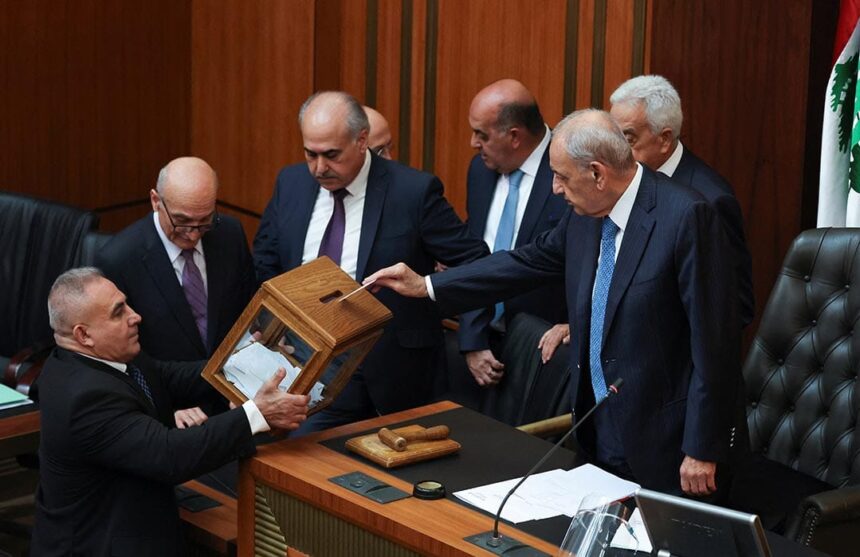Lebanon’s Prime Minister Nawaf Salam has issued a heartfelt plea to the international community, warning that the country faces a defining moment as it struggles to rebuild after years of political paralysis, economic collapse, and security challenges. In his remarks, Salam laid out an ambitious reconstruction plan that requires nearly $14 billion in funding, a figure he described as “the minimum needed to bring Lebanon back from the brink.”
This money will go to important things like fixing roads and bridges, getting the power back on, helping hospitals and schools, and encouraging businesses to reinvest in themselves, since we’re seeing businesses close and families struggle every year. But Salam’s proposal goes beyond just economic recovery. Perhaps the most controversial aspect of his plan is the push to disarm Hezbollah by the end of the year, a move he said is essential for Lebanon’s sovereignty and long-term stability.

Lebanon is asking for help because its people are going through tough times. Regular life is hard, with hours-long power outages, a shortage of basic stuff, and rising prices that have made salaries worth much less than before. The Lebanese pound used to be tied to the U.S. dollar, but it’s lost almost 90% of its value in just a few years, which has wiped out savings for many people. Hospitals and schools are really struggling, and lots of young people are leaving the country, taking their skills and any hope for the future with them. Some analysts suggest that countries such as France, the Gulf states, and the U.S. could play a crucial role in mobilizing funds, while international organizations like the IMF and World Bank may help structure long-term financial recovery programs.
Tying help to the tough issue of disarming Hezbollah makes things messy. Hezbollah’s friends, such as Iran, probably won’t be happy with this idea. Western countries that donate may want to see things moving forward before giving much help. For the average Lebanese person, what politicians say isn’t as important as getting help right away. Families in Beirut’s crowded, poor areas still struggle to find fuel for their generators.Small shops are having a hard time with prices going up, and young people just want to leave the country to find work.
